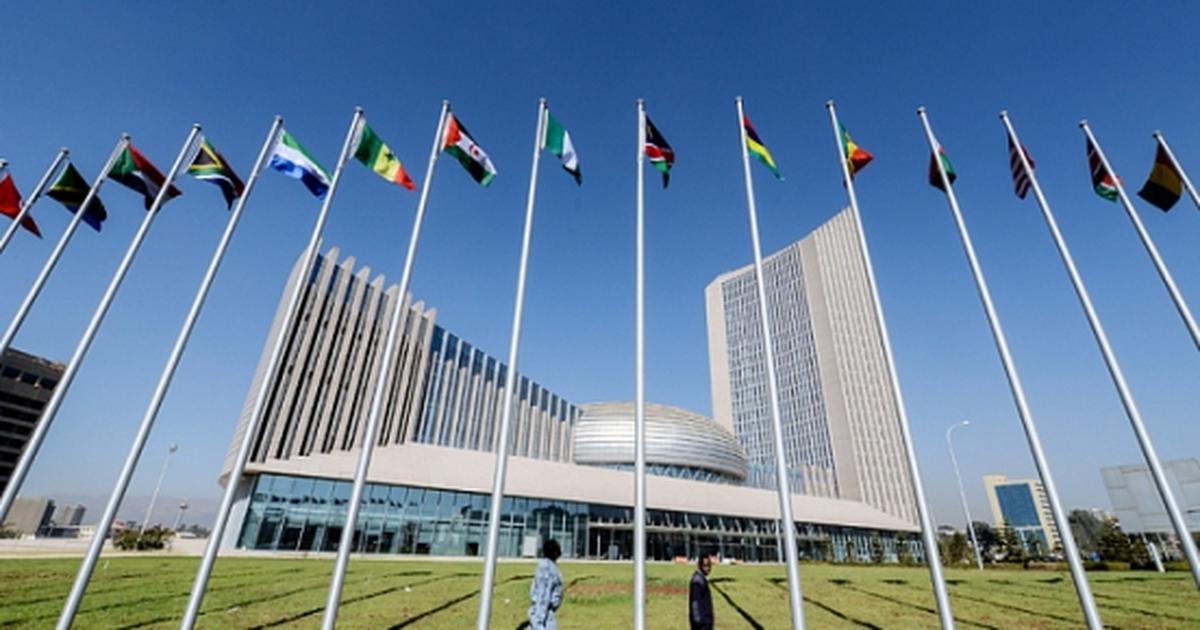Like many African nations, Ghana finds itself navigating the complexities of the global economic landscape, with a particular focus on the influence of the US Dollar.
As the nation approaches its next policy announcement, experts anticipate that the apex bank will hold the rate at 30.00% on Sept. 25. However, given the previous surprise increase in July, where the rate was raised to 30% from 29.5%, the outcome remains uncertain.
The decision by the Bank of Ghana reflects a broader trend across the African continent, where countries are carefully deliberating their monetary policy options.
High-interest rates have been a tool to combat inflation, which has been a persistent challenge in many African economies. The delicate balance between controlling inflation and promoting economic growth is a critical concern.
The United States, in the meantime, has maintained its interest rates at 5.25%-5.50%, and indications suggest the possibility of further hikes. This has led to a strengthening of the US Dollar, causing ripples in the global financial markets, including Ghana.
Charles Mangin, head of FX trading at Crown Agents Bank, explains the significance of the strong US Dollar for African countries. “The dollar is still the main currency used for international trade; therefore, a strong USD will affect the likes of imports prices and cost of servicing their foreign debt, for example.”
As a result, African economies are conducting monetary policy meetings to determine interest rates that will help stabilise their economies in the last quarter of the year and beyond. The pressure to balance inflation control with economic growth is palpable.
“In Africa, inflation has been a key issue, and raising interest rates is one of the main tools they have to keep it under control,” says Mangin. “If they don’t keep inflation within the mandate and let their currency drift, it will have the effects mentioned above (shifting import prices and debt servicing), and currency volatility will also change investors’ perception, therefore potentially affecting investments in their countries.”
These challenges are not unique to West African countries. In the East African region, Kenya is expected to maintain its interest rates at 10.50%, while South Africa’s central bank kept its main interest rate unchanged at 8.25%, citing concerns about deteriorating public finances.
The impact of the strong US Dollar is a matter of strategic importance for governments and central banks across the continent.
As Mangin notes, “Many Central Banks are trying to find the right balancing act as we speak. Keeping control of their inflation and their currency stable without hampering growth is the only way to safeguard their economies.”
The strength of the US Dollar also has repercussions for African countries that rely heavily on commodity exports, such as oil and minerals. The Dollar’s influence on commodity prices directly affects the economic fortunes of these nations.
Mangin offers some insight, saying, “Those who are net exporters will benefit from strong commodities prices. If they are exporters of oil, for example, but must import gasoline, a stronger USD or rallying commodity will net out the export effect, and as a result, they may face challenges.”




